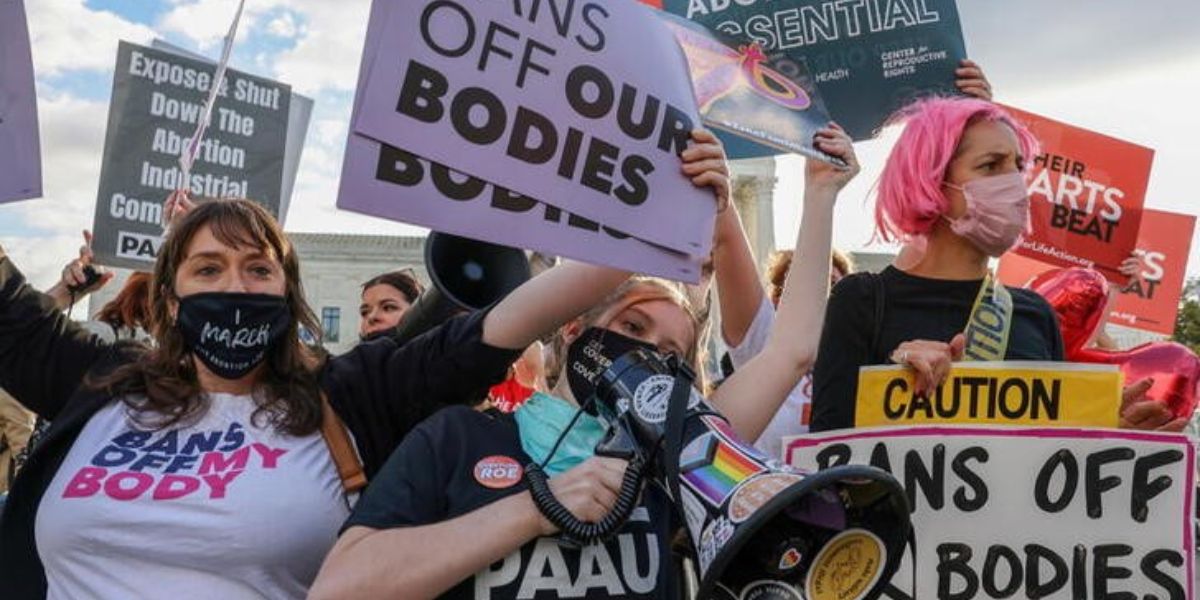Texas took legal action against the Biden administration in an effort to halt a regulation that would have safeguarded the privacy of women seeking abortions in other states that have bans on the procedure.
Texas urged a federal court judge to invalidate a rule that enhanced the Health Insurance Portability and Accountability Act of 1996 (HIPAA) Privacy Rule with respect to reproductive health in a lawsuit that was filed on Wednesday in a Texas federal court. The rule had been issued in June.
Reproductive healthcare-related protected health information cannot be disclosed under specific conditions as outlined in the rule.
Texas claimed in its lawsuit against the DHHS that the rule in question is in violation of the Administrative Procedure Act (APA), which controls the process by which federal agencies create and publish regulations.
According to Texas Attorney General Ken Paxton, the rule would infringe upon the investigative powers of the state.
The new rule “actively undermines Congress’s clear statutory meaning when HIPAA was passed and it reflects the Biden Administration’s disrespect for the law,” Paxton said, referring to the new regulation. “The federal government is trying to weaken the capacity of the Texas government to enforce the law, and I will not stand for this.”
Concerns that patients seeking legal abortion or reproductive care at clinics may have their records searched after the Supreme Court’s decision to overturn Roe v. Wade prompted the DHHS to propose the rule earlier this year.
When making the statement, Xavier Becerra, secretary of the Department of Health and Human Services, stated, “Each and every American still has a right to their privacy,” particularly when it comes to “very private, very personal health information.”
Dec. 23 is the deadline for providers and insurers to comply with the new rule in its entirety.
The Texas lawsuit further requests that the judge reject an additional HIPPA rule from 2000 that states providers and insurers are only obligated to reveal information in response to valid requests by law enforcement.
According to the state, businesses routinely cite the 2000 ruling when asked why they shouldn’t pay attention to “valid investigative subpoenas.”




